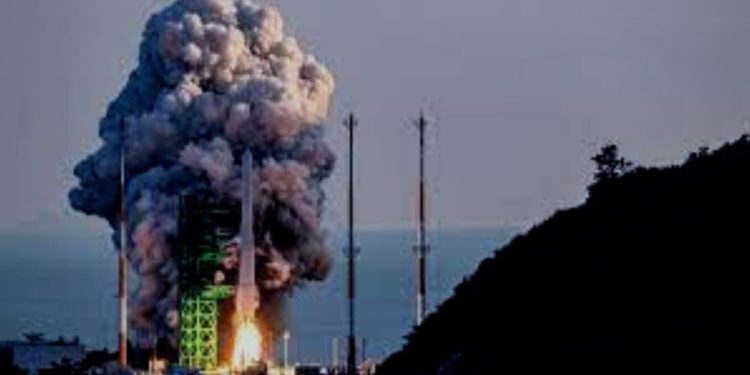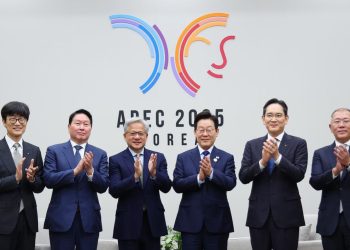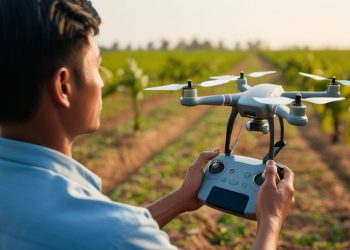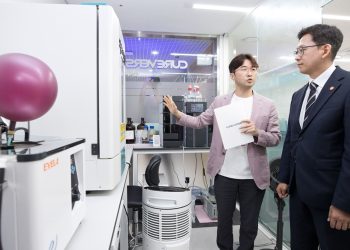South Korea’s first domestically developed space rocket Nuri failed which was launched earlier today at 5 pm. Nuri could not successfully place the dummy satellite into orbit, according to Reuters. As a result, there were mixed results reported.
After an hour delay due to technical concerns, at 5 pm, Nuri had lifted off from the Naro Space Center located at Goheung. It was carrying 200 metric tons with a 1.5-ton dummy which was supposed to be placed into space above 600-800 km above the Earth. The area falls in the lower orbit of the Earth.
As predicted by the KARI, the chances of space launch success were only around 30% since it was the first time that the rocket was completely homegrown. Half an hour after the liftoff, the Korea Aerospace Research Institute came to know about the failure of dummy placement. Nuri was designed to carry a dummy payload using Korean technology and resources.
The KARI officials had evacuated the surrounding area of the launchpad. Since it was located at the NARO Space Center, around 3 km of the area adjoining the launchpad was cleared. Additionally, there was also a restriction on the flights and sailing at the time of launch. Apart from NARO officials and the team of designated government authorities, no person was allowed to enter NARO and the surrounding area.
On Thursday, South Korea live-streamed the event on the Youtube channel of the Korea Aerospace Research Institute. The first-ever homegrown rocket Nuri, also known as Korean Space Launch Vehicle-II (KSLV-II), reached the first orbit 16 minutes after its launch, where it faltered and failed to accomplish its goal.
President Moon Jae-in witnessed the launch from the Naro Space Center, where the rocket lifted off. Although the rocket failed to complete the task of placing payloads into orbit, the rocket finished the flight sequences as designed.
The president expressed the result while speaking to the media. “Unfortunately, we did not fully reach our goal,” president Moon stated. However, the country is hopeful with the space mission despite the failure of Nuri. “It’s not long before we’ll be able to launch it exactly into the target trajectory. The ‘Korea Space Age’ is approaching,” the president added.
As soon as the KSLV launched, the president announced that the country’s plans to shift the space technology sector to private industry. With this, the country will set up private-public cooperation. The aim is to encourage talent from the private sector to develop solid-fuel boosters.







